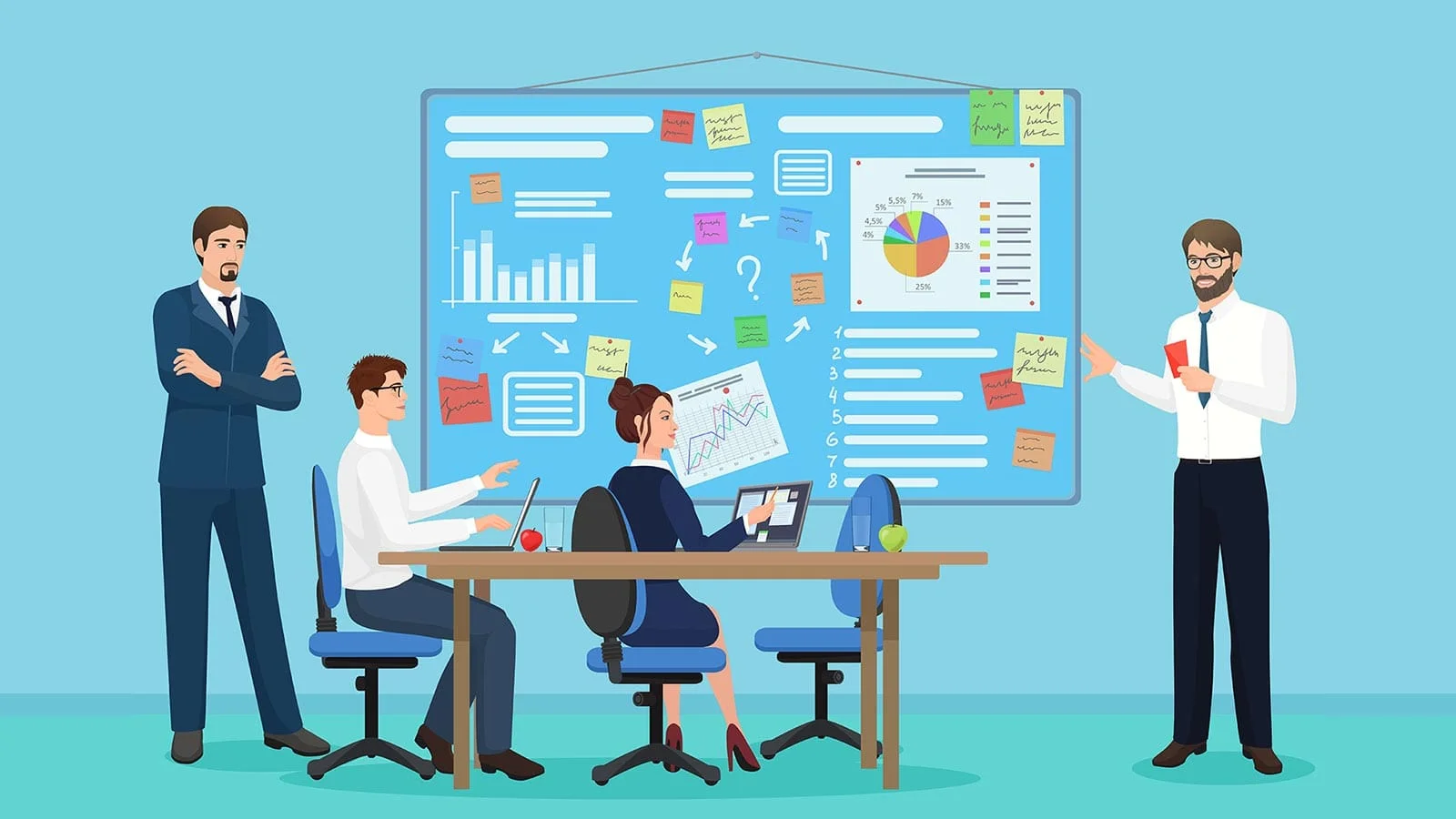Elevating Your Workforce's Sales Skills: A Comprehensive Guide
Rohit Kumar
16 Jul, 2023

In the competitive sales world, every organization is hunting for sales superstars. These extraordinary individuals come equipped with unique skills that, when combined, form a formidable team capable of propelling business revenue to unprecedented levels. But what exactly are these vital sales skills, and how can they be honed? Let's delve into this!
Key Sales Skills to Cultivate
Achieving success in sales is a multifaceted process requiring a mix of soft, hard, and charisma. While charisma might be challenging to "teach," anyone can cultivate several crucial sales skills.
- Active Listening: Sales professionals spend a considerable portion of their time communicating in various ways, from social selling on platforms like LinkedIn or Twitter to phone calls with clients and public speaking at conferences. Active listening skills involve understanding more than just spoken words. It requires maintaining eye contact, asking relevant follow-up questions, showing genuine interest, and providing constructive feedback. When sales reps genuinely engage with prospects and customers, they can attract potential customers, gain valuable insights into their real needs, challenges, and goals, and ultimately offer more personalized solutions.
- Handling Objections: This involves addressing customer concerns, hesitations, or potential objections regarding a product or service. Effective salespeople view objections as opportunities rather than obstacles. They strive to fully understand the fears and respond with empathy and persuasive techniques, emphasizing the product's benefits and sharing successful case studies.
- Building Rapport: Building rapport goes beyond just making a sale; it involves establishing trust and developing meaningful relationships with potential customers and clients. Every sales professional should focus on win-win outcomes and foster a collaborative environment where both parties work towards a mutually beneficial solution.
- Non-verbal Communication: Nonverbal communication plays a critical role in sales interactions. Salespeople should develop an understanding of nonverbal cues like body language and facial expressions to enhance their powers of persuasion and project confidence and openness.
- Cross-cultural Communication: If your business operates in a global market, cross-cultural communication is an essential skill that helps sell products more effectively. Your sales reps need to be able to effectively exchange information, ideas, and messages with people from different cultural backgrounds.
- Emotional Intelligence: The sales role can be stressful. It involves constant interaction with various people, each with their unique personality and mindset. Highly developed emotional intelligence helps a sales manager navigate sensitive situations and conflicts with finesse and adapt their approach to different characters.
- Product Expertise: No matter how skilled and experienced your employees might be, their efforts to sell a product will fall short if they lack sufficient familiarity with the product or service offered by your business. That includes an expert understanding of the product's features, unique selling points, limitations, use cases, and how it can solve a particular customer's issues.
- Sales Methodologies: This term encompasses the various approaches, frameworks, sales strategies, and closing techniques that help salespeople reach their potential client's pain points and close many deals.
In addition to these skills, top salespeople should also be adept at navigating sales tools, have a deep understanding of the entire pipeline, have strong time management skills to prioritize important tasks, balance the often hectic schedule of the sales world and ultimately succeed in their professional lives.
Identify skills gaps
The art of selling requires proficiency in many areas. Here are five strategies companies use to improve their teams' sales skills continuously.
Five Effective Strategies to Enhance Sales Skills
The best way to ensure your upskilling training programs are relevant, engaging, and effective is to create them in-house. That means collaborating with Subject Matter Experts (SMEs) to build them from scratch. It can include physical handouts but most commonly includes eLearning materials like online courses, videos, quizzes, and interactive job aids. Creating your training materials in-house ensures the content is specific to your business.
- Start from the Onboarding Process: Training salespeople should start when they join a company. Onboarding is an ideal time to lay a foundation for their success, providing them with essential knowledge about the company, its products or services, target market, and sales processes.
- Implement Mentorship: Many well-known companies across various industries, such as Adobe, Cisco, and Deloitte, recognize the value of mentorship programs and use them to train employees and foster their professional growth.
- Make Training Engaging: Boring content can be a major roadblock regarding effective training. No matter how valuable or essential the information is, people are naturally drawn to engaging and interactive experiences.
- Provide Hands-on Experience: Beyond theoretical knowledge and offer practical, hands-on experience. That will help salespeople apply what they've learned in real-world scenarios, hone their skills, and build confidence.
- Assess Sales Knowledge and Skills: Knowledge checks are essential to any training program. They help to ensure that the training hasn't gone unnoticed and that the new knowledge has been absorbed effectively.
Frequently Asked Questions on Developing Sales Skills
How can I assess the current competencies of my salespeople?
That is a critical step that should precede any training. To assess your team's sales skills and competencies, you can conduct an employee performance review or a 360-degree feedback assessment, analyze sales metrics and personal KPIs, observe their sales interactions, and seek customer feedback.
How often do I need to train my salespeople?
It depends on various factors, including their experience level, your business specifics, and the evolving needs of the industry. While there is no one-size-fits-all answer, we recommend that you create ongoing training and development opportunities.
Building a strong sales team is not a destination but an ongoing journey. We hope this article has provided insights and valuable tips on making it more successful. Want a robust LMS to help you get your sales training up and running? Book your demo of Core Competency LMS today.
Assessment of Behavioural Core Competencies
For example, students struggling with a particular concept could be provided with additional resources or assigned to a different module via the e-learning and learning management system.
Read Blog




